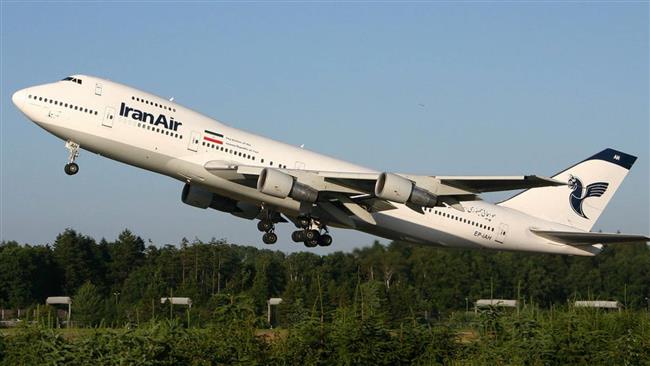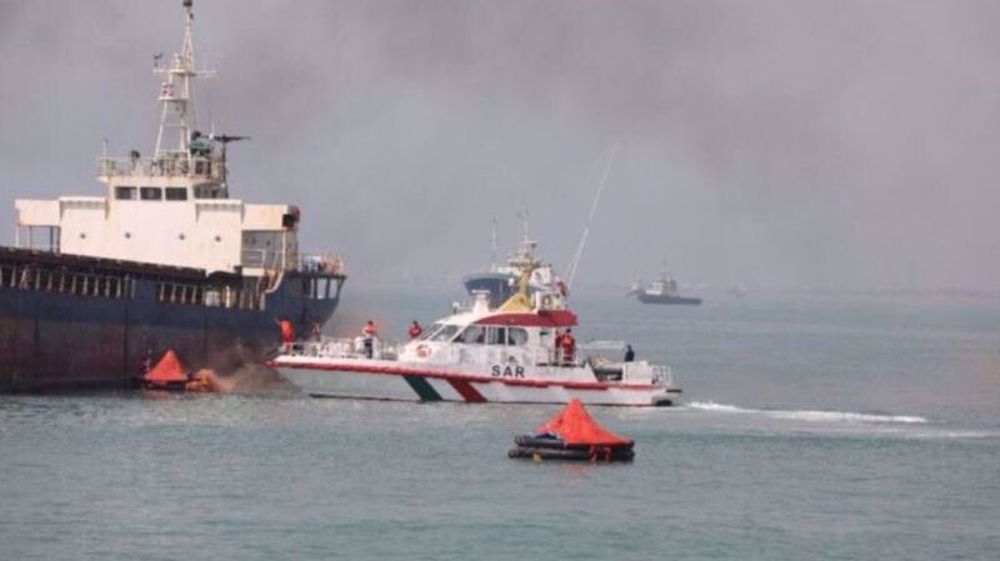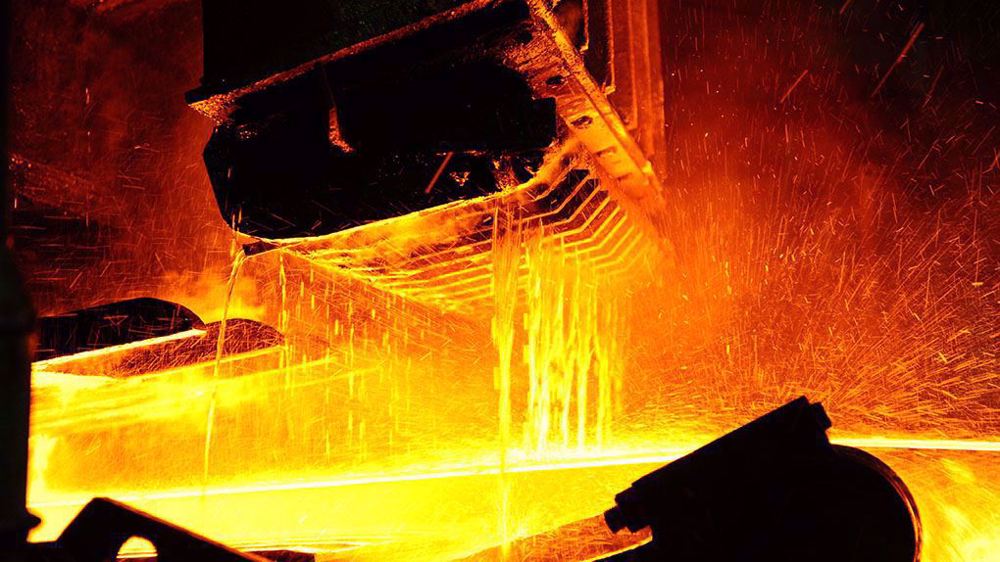Iran says aviation giants to fund plane purchases
Iran’s aviation officials have played down speculations that the administration of US President Donald Trump would block sales of planes to the country and say they expect purchases to move ahead faster because mechanisms to fund the campaigns are being worked out by plane-makers, themselves.
On the same front, Iran’s national flag-carrier airline Iran Air said European aviation giant Airbus had announced readiness to finance its plane purchases.
The announcement was made by Iran Air Managing Director Farzaneh Sharafbafi who said representatives from Airbus were in Tehran to discuss the matter.
Sharafbafi further added that her company would nonetheless continue negotiations with potential financers.
Ali Abedzadeh, the head of Iran’s Civil Aviation Organization (CAO), also said that apart from Airbus, Boeing and ART had also agreed to fund a certain section of Iran’s plane purchases.
In December 2016, Boeing sealed deals with Iran’s flag-carrier airliner Iran Air over sales of 80 jets valued at $16.6 billion. They include 50 narrow-body Boeing 737 passenger jets and 30 wide-body 777 aircraft. Iran Air also sealed deals with Airbus over purchases of 100 planes worth $18-20 billion at list prices and has already received three of them.

Sharafbafi said a total sum of $330 million had already been allocated from the National Development Fund to fund Iran Air plane purchases.
The official emphasized that certain payments to the same effect had already been made to Airbus as a result of which three jets from the European plane-maker and six from its Italian-Franco offshoot ATR had been purchased.
Both officials were reacting to a report by the Wall Street Journal that Trump’s administration was considering blocking planned sales of hundreds of passenger planes by Boeing and Airbus to Iranian airlines.
Abedzadeh said Iran had already become used to Trump’s threats against its plane purchase agreements.
“From the very day President Trump took office, he kept making threats against Iran’s plane agreements,” he was quoted as saying by Iran’s media.
“But there has been nothing in his remarks for which we and Iran Air should be worried about.”
Elsewhere in her remarks, Iran Air chief Sharafbafi stressed that a recent bill by the US House of Representatives which envisaged a reporting mechanism over plane deals with Iran would not lead to the cancellation of those deals.
Nevertheless, she said, it could protract the process for the US Treasury Department to issue the necessary authorizations for the deals to proceed.
On the same front, CAO’s head Abedzadeh further described the bill as illegal, stressing that the confidentiality clause in the agreement with Boeing would not allow any disclosure of purchase details.
US lawmakers on Thursday approved a bill that will bring the sales of American planes to Iran under the close scrutiny of Congress.
The bill – still pending the approval of the Senate – would oblige the Treasury to report to lawmakers on Iranian purchases of US aircraft and how those sales would be financed.
This provoked a reaction from Tehran over the weekend. Media quoted Asghar Fakhrieh Kashan, Iran’s deputy minister of roads and urban development, as saying that the bill was in violation of the nuclear agreement that Iran had sealed with the five permanent members of the Security Council plus Germany – the P5+1 group of countries.

Fakhrieh Kashan emphasized that the nuclear agreement – the Joint Comprehensive Plan of Action or the JCPOA – clearly stipulated that the US would issue the required authorizations for sales of planes to Iran.
“[The JCPOA] goes even beyond merely planes and says spare parts, after-sales services and the related technologies should also be sold to Iran,” he was quoted as saying by Iran’s IRNA news agency.
The nuclear agreement was achieved after lengthy negotiations that eventually resolved disputes over the Iranian nuclear energy program. It envisages certain measures by Iran to limit certain aspects of its nuclear energy activities in return for the removal of sanctions against it.
VIDEO | Press TV's news headlines
VIDEO | London demonstration calls for UK to stop exporting arms to Israel
US secretly pressing countries into nixing Palestinian statehood: Cables
VIDEO | Israel impregnability perished
VIDEO | Top Iran official visits Syria to unite efforts in combating terrorism in region
VIDEO | Palestinians take to streets across West Bank to mark Prisoners Day
Israeli military’s new killing tactic: ‘Drones luring Palestinians to their death’
‘Unsubstantiated’: Iran rejects Argentine court's blaming for AMIA bombing










 This makes it easy to access the Press TV website
This makes it easy to access the Press TV website